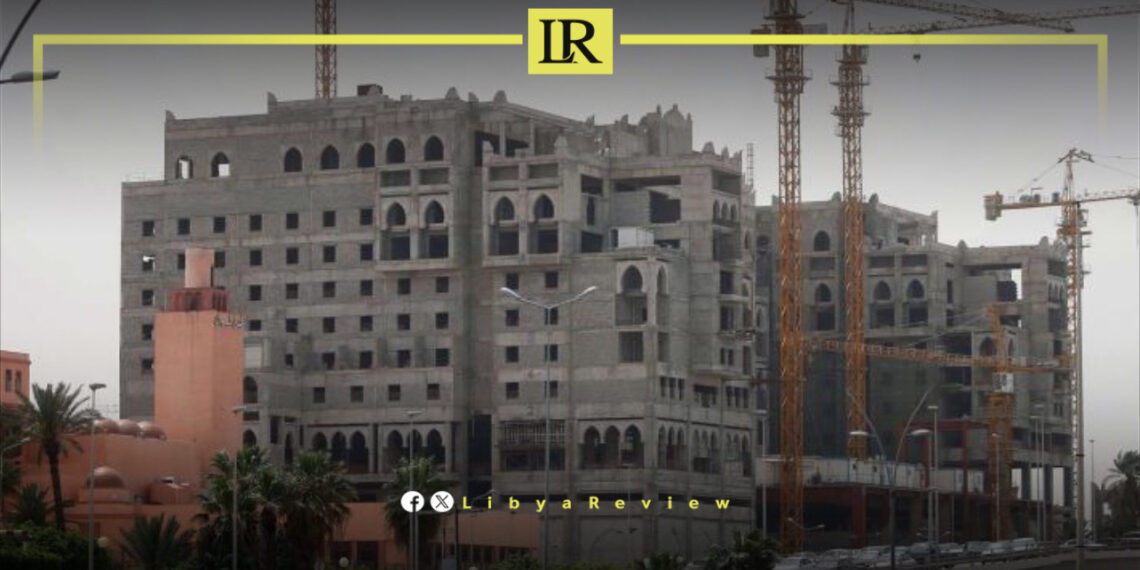The Libyan Minister of Investment, Ali Al-Saidi Al-Qaidi stated that the country needs 400 billion dinars for a comprehensive rebuilding effort to achieve advanced development. Al-Saidi emphasized the critical importance of upgrading Libya’s infrastructure to propel the nation forward.
In press statements on Wednesday, the Libyan Minister outlined Libya’s strategic potential to become a central export hub for Africa. “We have a prime opportunity to serve as the export artery for the continent, supplying essential goods to landlocked countries and acting as their gateway,” he explained. This role could significantly enhance Libya’s regional economic influence.
Additionally, he discussed the pressing need for development in Benghazi to manage the pressures of population growth. He suggested that Libyan airports could generate revenue by selling fuel to aircraft en route to other destinations, leveraging Libya’s geographic position.
The minister also highlighted the strategic placement of new refineries to facilitate exports and discussed domestic economic measures, such as successful market stabilization campaigns against price hikes in essential goods like eggs and chicken.
Describing Libya’s economy as predominantly rentier, and reliant on oil revenues, Al-Saidi stressed the urgency of attracting investments to diversify the economy and create employment opportunities for Libyan youth.
This economic vision comes as Libya seeks to overcome the profound challenges left by over a decade of conflict since the 2011 uprising that toppled Muammar Gaddafi. The extensive damage from the ongoing strife has necessitated vast reconstruction efforts.
Al-Saidi’s call underscores the need for significant investment in Libya’s infrastructure and economic capabilities. With strategic use of its vast oil reserves and advantageous location, Libya aims to stabilize and grow its economy, offering promising opportunities for both local and international investors.
As the country continues on its path to recovery, these investments will be crucial in transforming Libya into a key economic player in North Africa.


